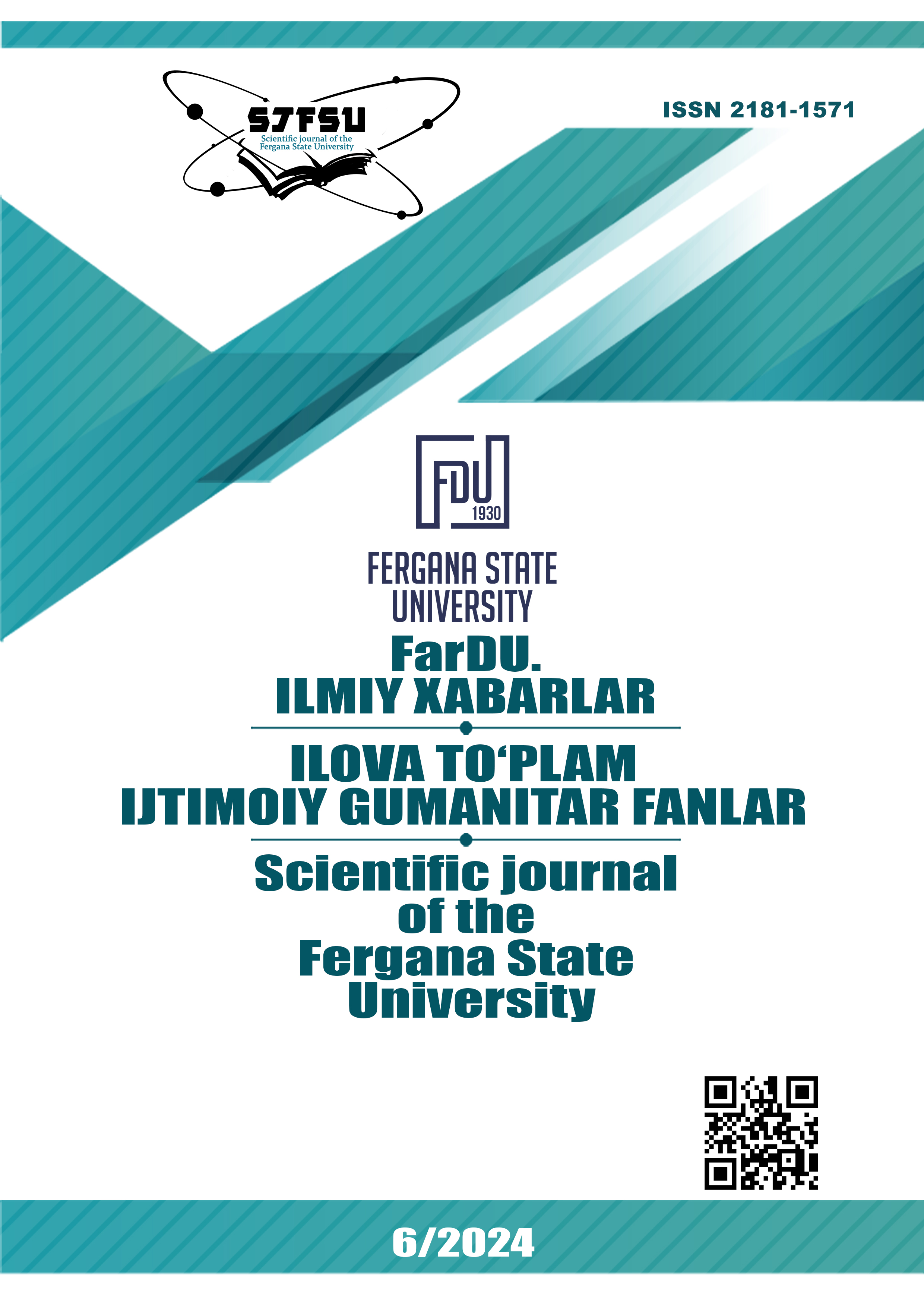LINGUISTIC EXPRESSIONS OF RESPECT IN ENGLISH AND JAPANESE
Keywords:
Respect, English, Japanese, semantic networks, honorifics, politeness strategies, intercultural communicationAbstract
Respect is a fundamental concept that shapes human interaction, yet its linguistic expressions vary significantly across cultures. This study investigates how respect is encoded in English and Japanese through lexical, morphological, and syntactic structures, providing insights into the broader semantic networks that underpin these languages. Unlike previous studies, this research emphasizes novel examples, focusing on underexplored aspects such as indirectness in English politeness and verb conjugation nuances in Japanese honorifics. Using discourse analysis and corpus linguistics, the study highlights pragmatic speech acts, including requests, apologies, and gratitude, and examines the sociolinguistic functions of respect in maintaining social hierarchy and harmony. Findings reveal that while English relies on modal verbs and lexical markers to soften expressions, Japanese employs complex honorific systems that encode hierarchical relationships. These linguistic strategies reflect distinct cultural values and offer a framework for understanding respect as a dynamic, culturally situated phenomenon. This analysis enhances our understanding of intercultural communication and underscores the role of language in shaping social interactions.
References
Brown, P., & Levinson, S. C. (1987). Politeness: Some universals in language usage. Cambridge University Press.
Ide, S. (1989). Formal forms and discernment: Two neglected aspects of linguistic politeness. Multilingua, 8 (2/3), 223–248.
Lakoff, R. (1973). The logic of politeness: Minding your p's and q's. Chicago Linguistics Society, 9, 292–305.
Matsumoto, Y. (1988). Reexamination of the universality of face: Politeness phenomena in Japanese. Journal of Pragmatics, 12(4), 403–426.
Wierzbicka, A. (1991). Cross-cultural pragmatics: The semantics of human interaction. Mouton de Gruyter.
Downloads
Published
Issue
Section
License
Copyright (c) 2025 Scientific journal of the Fergana State University

This work is licensed under a Creative Commons Attribution-NonCommercial-NoDerivatives 4.0 International License.
How to Cite
Most read articles by the same author(s)
- Yusupova Sabohatxon A’zamjonovna, PRAGMATIC USE OF RESPECT IN VARIOUS COMMUNICATIVE CONTEXTS , Scientific journal of the Fergana State University: No. 6 (2024): Scientific journal of the Fergana State University ADDITIONAL COLLECTION (Social humanities sciences)

